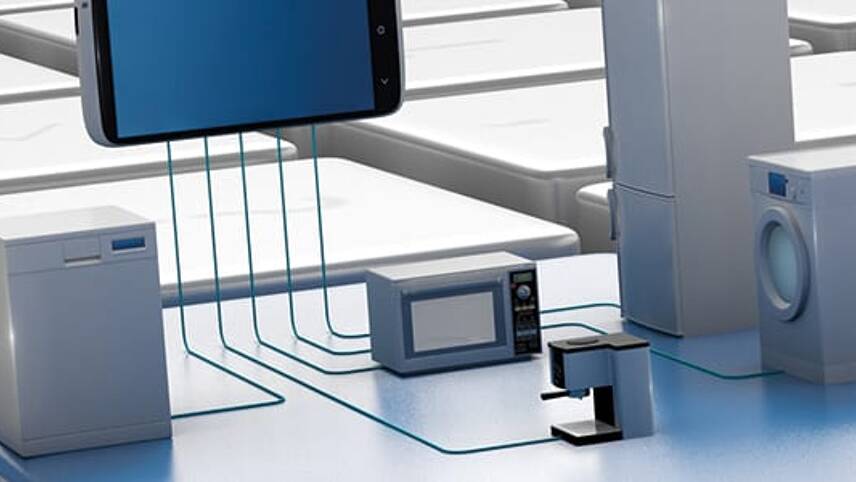This is the Sponsored paywall logged out

Steven Whyte from PNDC, part of the University of Strathclyde, explains how a collaborative approach with the Living Lab at the Energy Systems Catapult (ESC) will help shape the future of whole energy systems.
 Achieving net zero emissions will require radical changes to the way we produce, transport, store and use energy. New solutions must be developed and implemented at an unprecedented rate. However, innovations need to be de-risked, validated, and future-proofed so that confident commercial deployment can be realised at scale and pace. To do this well, we need a representative real-world environment to test and demonstrate the solutions.
Achieving net zero emissions will require radical changes to the way we produce, transport, store and use energy. New solutions must be developed and implemented at an unprecedented rate. However, innovations need to be de-risked, validated, and future-proofed so that confident commercial deployment can be realised at scale and pace. To do this well, we need a representative real-world environment to test and demonstrate the solutions.
The PNDC and the Living Lab at ESC have joined forces to implement a world-first energy innovation ecosystem, the Whole Energy Systems Accelerator (WESA). This multi-disciplinary partnership combines existing strong reputations in energy systems innovation across electrical power systems, cyber security capabilities, whole energy system expertise, and consumer-focused capabilities.
WESA will enable the interactions between activity in homes, energy networks, and market & policy frameworks to be tested concurrently across many different future energy scenarios. This will support the development of new technologies, systems, and commercial models which will ultimately support the transition to a net zero energy system.
Initial research activities will include the development, demonstration and validation of new integrated whole system approaches to delivering operational flexibility with elements such as multi-vector energy storage, low carbon heat systems and managed electric vehicle (EV) charging. Other activities include demonstrating new approaches to restoring energy supplies at the local level following partial network shutdowns under very low carbon energy generation scenarios. All of these activities will consider the impact and benefits of integrated combinations of in-home and network-connected technology solutions, validated with real consumers and on the PNDC’s real-world system test and demonstration network, and incorporating emulated business model and commercial arrangements to assess whole value chain impacts.
Industrial partners will be drawn from the heat, transport, electricity and communications sectors, delivering an unparalleled mix of technology and commercial expertise, to steer WESA operations and provide routes to commercial exploitation.
By drawing on existing facilities, WESA will look to accelerate a programme of innovator and policy design delivered with a range of industry partners and stakeholders.
More information can be found at www.pndc.co.uk and https://es.catapult.org.uk/service-platforms/living-lab/ .





Please login or Register to leave a comment.